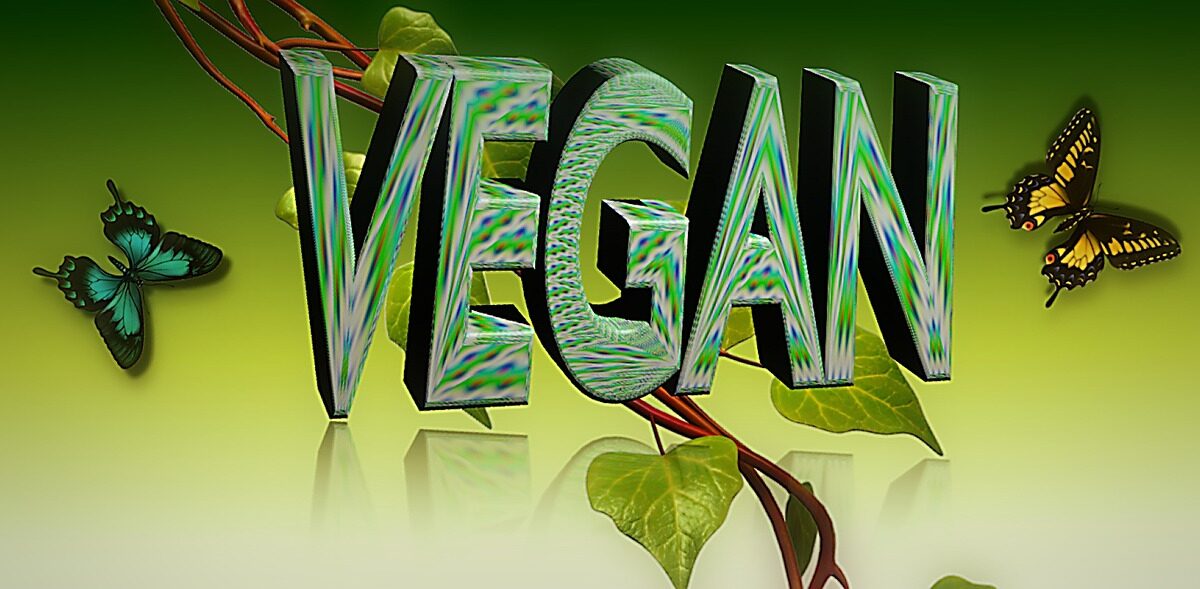Is bread vegetarian? This is a question that often arises among individuals who follow a vegetarian diet. While bread is typically made from plant-based ingredients, there are certain factors to consider when determining whether it is truly vegetarian. In this article, we will explore the various aspects of bread production and ingredients to shed light on this topic.
Types of Bread
There are numerous types of bread available, each with its own set of ingredients and production methods. Understanding the different types can help us determine whether they are suitable for vegetarians:
1. Basic Bread
Basic bread, such as white bread or whole wheat bread, is typically vegetarian-friendly. It is made from flour, water, yeast, and salt. These ingredients are all plant-based and do not involve any animal products.
2. Specialty Breads
Specialty breads, such as brioche or challah, may contain additional ingredients like eggs, milk, or butter. While these ingredients are derived from animals, there are vegetarian alternatives available. For example, some bakers use plant-based milk or vegan butter substitutes to create vegetarian-friendly versions of these breads.
Ingredients to Watch Out For
While bread is generally considered vegetarian, there are a few ingredients that may be present in certain types of bread that could make them unsuitable for vegetarians:
1. L-Cysteine
L-Cysteine is an amino acid commonly used as a dough conditioner in bread production. It can be derived from various sources, including animal feathers or human hair. However, there are also synthetic or plant-based alternatives available. To ensure the bread is vegetarian, it is important to check whether the L-Cysteine used is derived from plant sources.
2. Gelatin
Gelatin is a protein obtained from animal collagen and is commonly used as a gelling agent in some bread products. It is often found in sweet breads, such as cinnamon rolls or pastries. Vegetarian alternatives, such as agar-agar or carrageenan, can be used instead of gelatin to achieve similar results.
Labeling and Certification
When purchasing bread, it can be helpful to look for specific labels or certifications that indicate whether the product is suitable for vegetarians:
1. Vegetarian Label
Some bread manufacturers voluntarily label their products as “vegetarian” to make it easier for consumers to identify suitable options. This label ensures that the bread does not contain any animal-derived ingredients.
2. Vegan Label
Vegan bread is inherently vegetarian, as it does not contain any animal products. Therefore, looking for a “vegan” label on bread packaging can also be a reliable way to ensure its vegetarian status.
3. Kosher Certification
Kosher certification is another indicator that the bread is suitable for vegetarians. Kosher bread is produced according to Jewish dietary laws, which prohibit the mixing of meat and dairy products. Therefore, kosher bread is typically free from animal-derived ingredients.
Conclusion
In conclusion, bread is generally considered vegetarian, especially basic bread made from flour, water, yeast, and salt. However, it is important to be aware of certain ingredients, such as L-Cysteine or gelatin, which may be present in some bread products. By checking labels, certifications, and understanding the ingredients used, vegetarians can make informed choices when it comes to consuming bread. Ultimately, the vegetarian status of bread depends on the specific type and ingredients used in its production.
